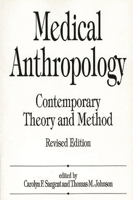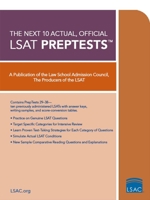Collecting the Edged Weapons of the Third Reich, Volume V (2nd Edition)
Select Format
Select Condition 
You Might Also Enjoy
Book Overview
No Synopsis Available.
Format:Hardcover
Language:English
ISBN:0960090681
ISBN13:9780960090686
Release Date:January 1985
Publisher:Johnson Reference Books
Length:330 Pages
Weight:2.35 lbs.
Dimensions:10.3" x 1.0" x 7.3"
More by Bruce Robinson
Customer Reviews
6 customer ratings | 5 reviews
Rated 5 starsAbout a town that never seen or heard of an elephant
By Thriftbooks.com User,
Splendidly written by Bruce Robionson and enhanced with the softly impressive artwork of Sophie Windham, The Obvious Elephant is a whimsical children's picturebook about a town that never seen or heard of an elephant, until one day an elephant happens to arrive! Everyone has different guesses about what the elephant is, but only one young boy knows for certain in this picturebook featuring earthy, shaded color illustrations...
0Report





















































